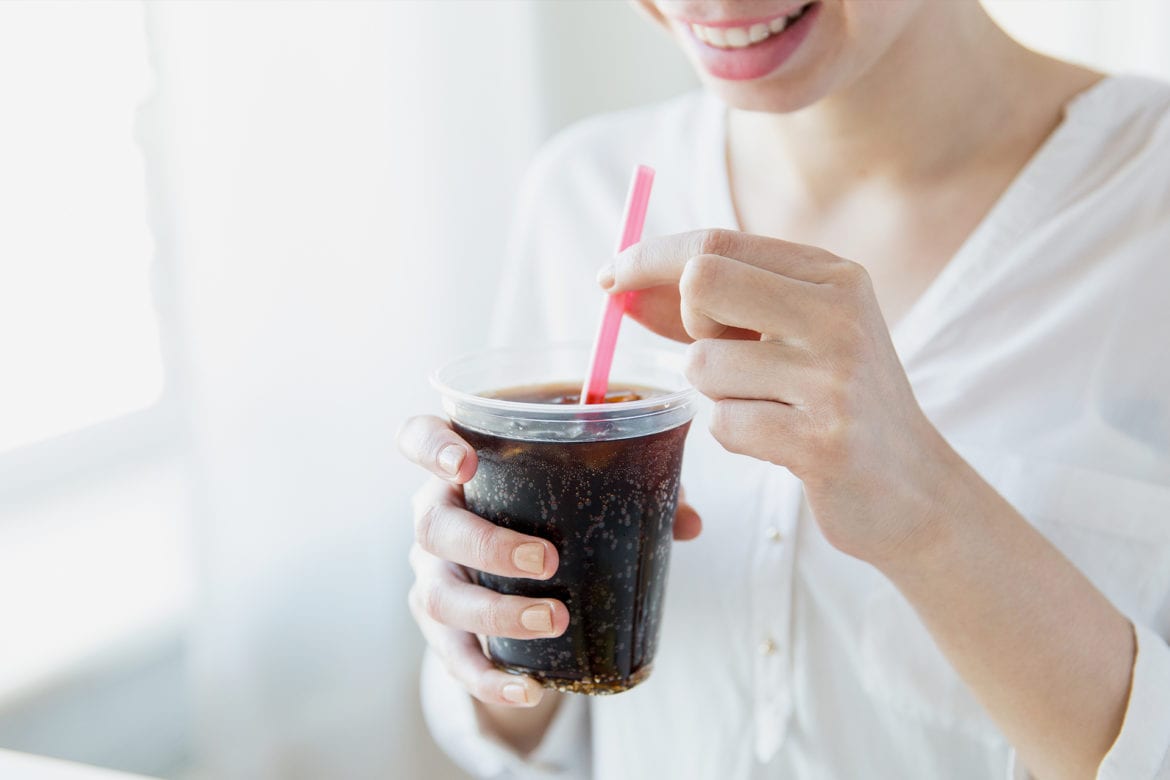From wetting toothpaste to brushing teeth after breakfast, dentists have shared the most common personal dental habits that are actually bad for our teeth.
To help the UK maintain a high level of dental health while people may still be unable to see their dentist as normal, Portman Dental Care is outlining the key steps to follow to break these bad habits, as well as the best alternatives to keep teeth healthy and strong.
Director of clinical dentistry Dr Catherine Tannahill said: “There are a lot of myths, bad habits and misconceptions around dental care and oral hygiene that we want to help educate people on.
“Wetting toothpaste before brushing is probably one of the most common bad habits people have when it comes to their dental routine, and although there has been ongoing debate on the likes of social media for years on whether you should wet your toothbrush before or after putting on the toothpaste, we actually wouldn’t recommend either.
“This is because toothpaste already contains water, and so wetting it further could dilute it and therefore reduce its effectiveness for cleaning your teeth.
“People often also like to rinse with water or mouthwash after brushing their teeth and think that this is good practice for dental hygiene, but this is another misconception.
“Helpful ingredients in toothpaste like fluoride, which protects against decay, and antibacterial agents stay on the surface of your teeth even after you have finished brushing and therefore when you rinse afterwards you are in fact just washing all of those ingredients away.
“We would instead recommend just spitting out any excess toothpaste and refrain from rinsing, as this will then leave a layer of toothpaste on your teeth, helping to protect them and prevent tooth decay.
“If you want to use mouthwash, then it is best to use it at a different time to brushing.
“For example, it is best to brush first thing in the morning and last thing at night, and you could then use a mouthwash at a completely separate time such as after eating lunch, or when you arrive home from school/work.
“An alcohol-free fluoride mouthwash used in this way is useful if you have high levels of decay, or your dental team may recommend an antibacterial mouthwash to help control plaque and reduce gum disease if necessary.
“Mouthwash could in fact give you a false sense of cleanliness and is definitely no substitute for removing plaque with your toothbrush and interdental brushes.
“It is also incorrect to assume that it is best to brush your teeth straight after eating, so post-breakfast or tea, or especially if you have just eaten something sugary or acidic like fruit.
“This is because the pH level in your mouth changes when you eat and drink, making your mouth more acidic and slightly softening the surface enamel, so brushing straight away means you are basically moving all that acid around your mouth and brushing off the softened surface layer of enamel, potentially causing more

